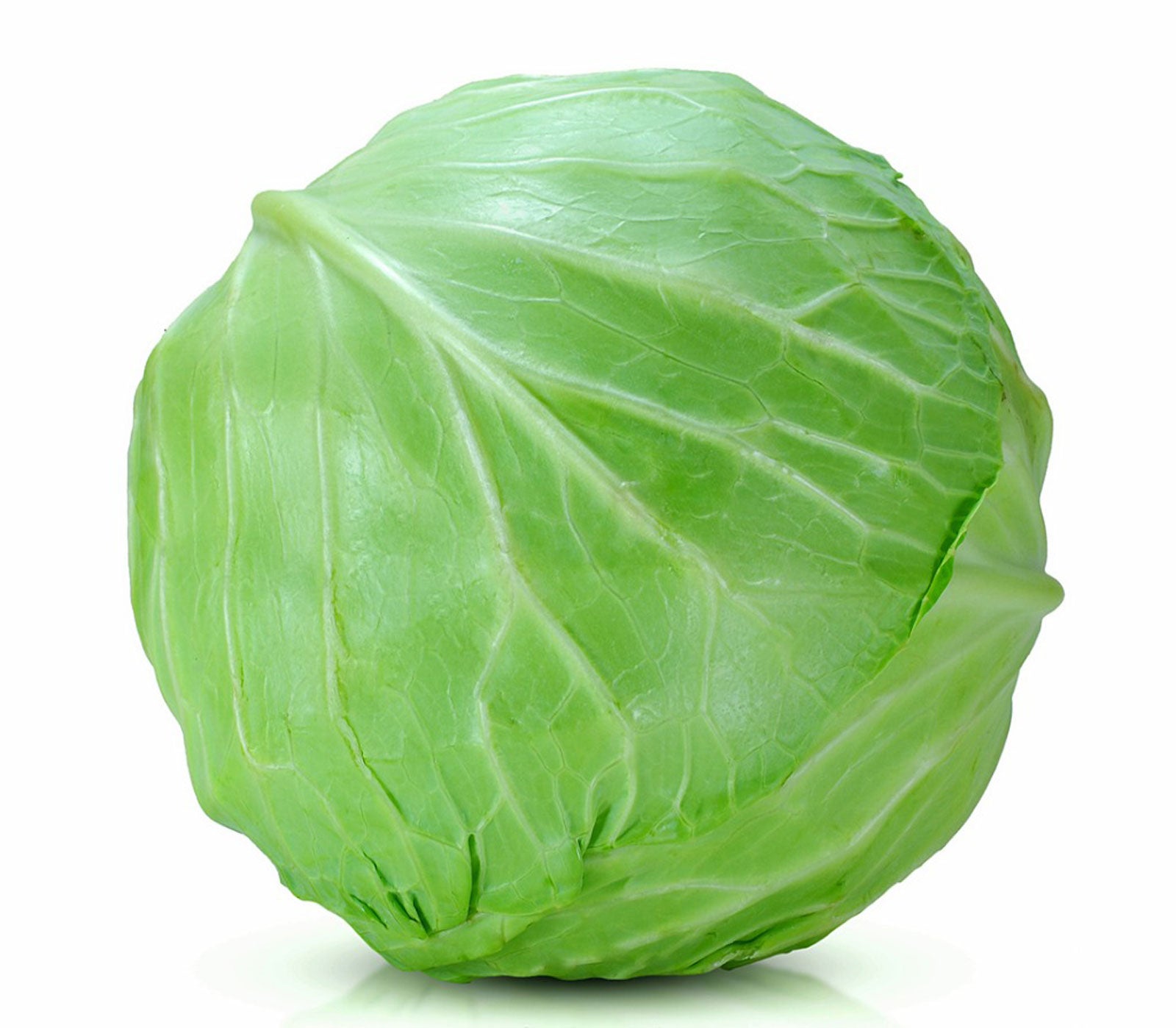Primo Vantage Cabbage Variety – Growing Primo Vantage Cabbages


Primo Vantage cabbage variety may be the one to grow this season. What is Primo Vantage cabbage? It’s a sweet, tender, crunchy cabbage for spring or summer planting. Read on for information about this cabbage variety and tips on Primo Vantage care.
What is Primo Vantage Cabbage?
No matter what type of cabbage you’ve been planting, you might want to take a look at Primo Vantage cabbage. It is a variety that produces big heads of four pounds (2 kg.) or more in short order.
Primo Vantage cabbages have round, green heads and short stems. The leaves are juicy, tender, and sweet making them perfect for coleslaw. The cabbage is ready for picking just over 70 days from planting.
Growing Primo Vantage Cabbage
Primo Vantage cabbage plants grow well in most areas of the United States. They are said to perform especially well in the west and desert southwest, as well as in the east.
Those growing Primo Vantage cabbages love the way they can be planted close together without compromising quality. This means you can squeeze more plants into a small garden. Another advantage is how quickly these cabbages mature and how well they hold in the field. This gives you flexibility in when to harvest the cabbages.
Primo Vantage Care
Plant seeds for this cabbage in springtime. If you like, you can start the seeds indoors to get a jump on the crop. Transplant the resulting seedlings outside after four to six weeks. Like most cabbages, Primo Vantage care is fairly easy if you site them correctly. They require fertile, well-drained soil and a full sun location.
Plant the seeds to a depth of about ¼ inch (0.5 cm.) in containers or ½ inch (1.5 cm.) if direct sowing. Sow three or four seeds per group, spacing the groups 12 inches (30.5 cm.) apart. Thin to one plant per group when the seedlings appear.
Sign up for the Gardening Know How newsletter today and receive a free copy of our e-book "How to Grow Delicious Tomatoes".
Generally, it’s better to start growing these cabbages when the weather is relatively cool rather than scalding. The optimal temperature is between 60-75 F. (16-24 C.), but this variety will still grow in hotter weather.

Teo Spengler is a master gardener and a docent at the San Francisco Botanical Garden, where she hosts public tours. She has studied horticulture and written about nature, trees, plants, and gardening for more than two decades, following a career as an attorney and legal writer. Her extended family includes some 30 houseplants and hundreds of outdoor plants, including 250 trees, which are her main passion. Spengler currently splits her life between San Francisco and the French Basque Country, though she was raised in Alaska, giving her experience of gardening in a range of climates.